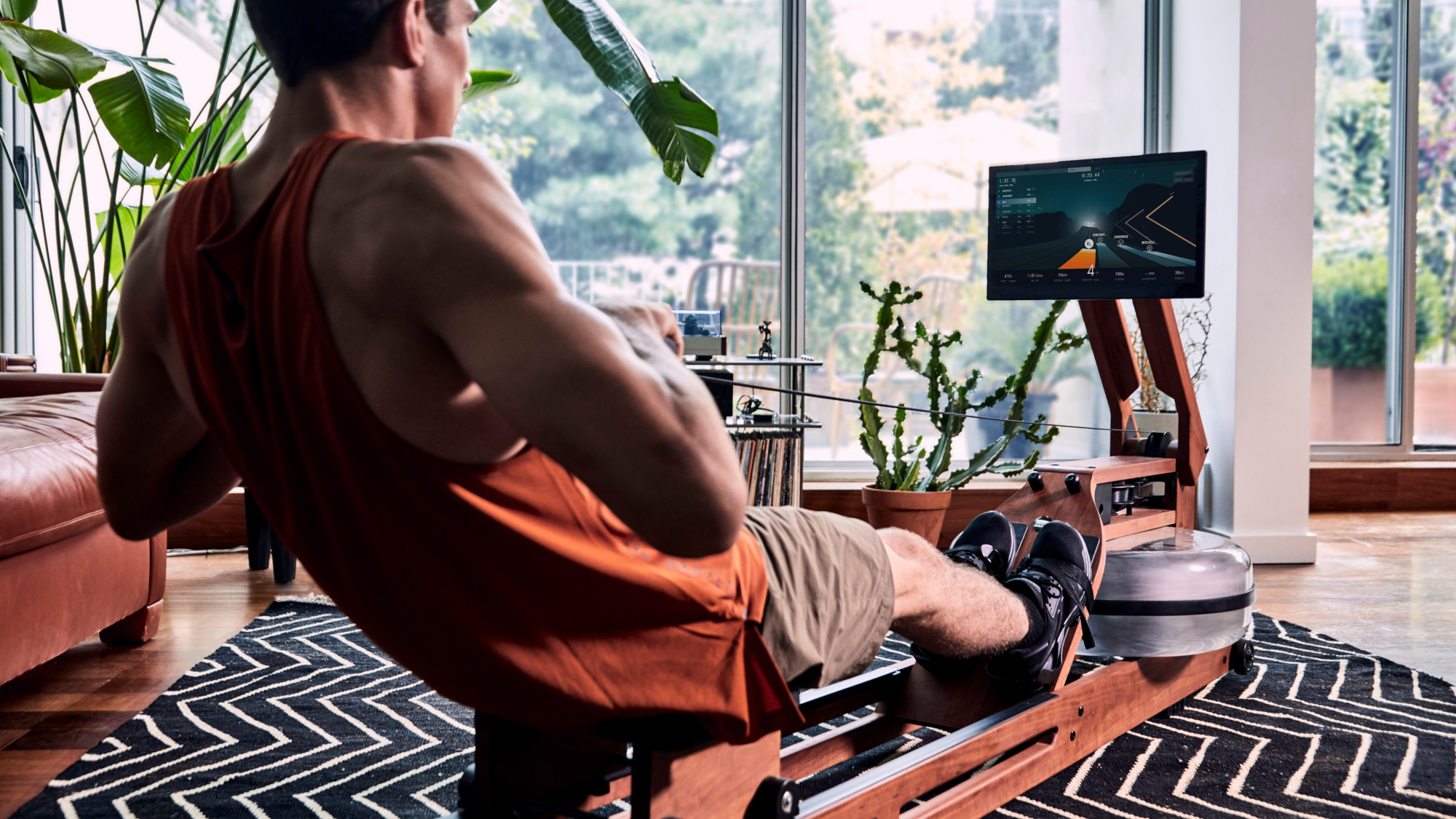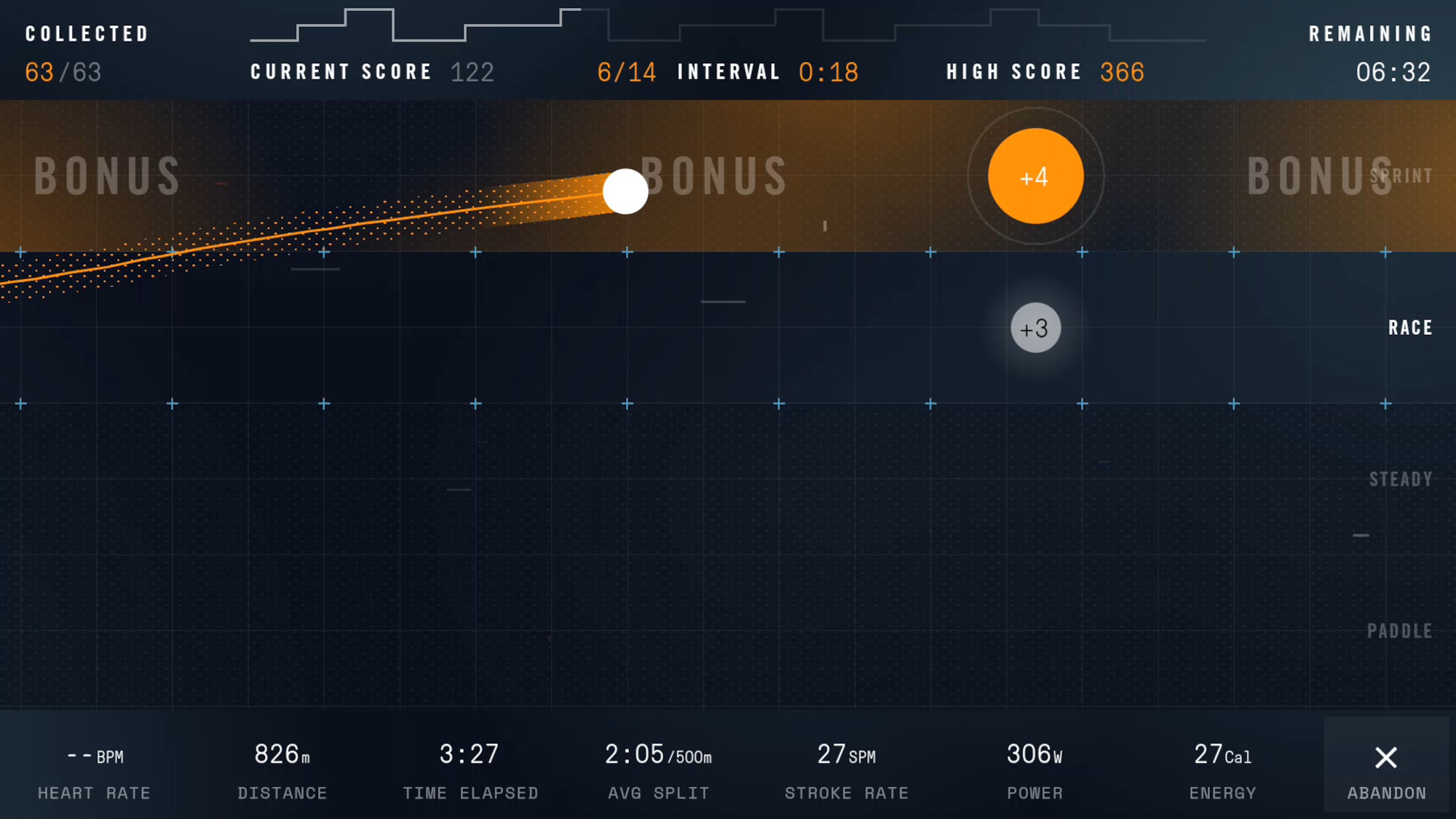Peloton Changed Working Out At Home Forever. Could Ergatta Do The Same?
Peloton brought the studio to your living room, but Ergatta wants to bring the console to your cardio

Peloton launched its first consumer product 10 years ago and since then it’s established an entire category of connected home cardio machines. Now it’s mainstream, the big question is what’s the next big thing?
“I think game-based workouts will go mainstream,” says Ergatta co-founder Tom Aulet. Ergatta sells a product widely regarded as one of the best rowing machines, which uses virtual races and interactive games to keep users coming back for more. Having taken it for a spin, I can confirm this approach quickly becomes addictive—think Candy Crush, but cardio.
It’s also a welcome alternative for people who don’t want an enthusiastic coach shouting instructions from a brightly lit studio, but this is just the tip of the iceberg according to Aulet.
“Right now, everyone knows what it’s like to take a fitness class, everyone knows what it’s like to take a streaming fitness class, but people don’t really know what it’s like to play a fitness game.
“By that, I mean the content you look at when you’re doing cardio is a game that you’re interacting with—it’s responding to your inputs, like when you’re playing Mario Kart or Donkey Kong. I think that will enter mainstream culture and be something a large chunk of the population participates in.”

As someone who likes both video games and fitness, it sounds fun, but Aulet says gamifying fitness could lead to a more personalized experience as well.
“If you go to an Orange Theory or Barry’s [Bootcamp] class, an instructor will be giving instructions to the room, but you look around and there are people of all different fitness levels. Everyone’s trying to figure out what’s right for them and hold themselves accountable.
Sign up for workout ideas, training advice, reviews of the latest gear and more.
“But in a game, the software has this ability to give people targets which change as you get better or worse. It will continue to calibrate to you so the workouts are always challenging enough to be interesting—not too hard as to be discouraging, but not so easy that it’s boring.
“They can keep nudging you to get better and better over time, giving you this sense of improvement and achievement.”
This could be a way to slip progressive overload—the principle of incrementally increasing the challenge—into people’s home workouts without them even realizing.
It could even adjust the difficulty of your session mid-workout depending on your performance on the day (and yes, we asked and Aulet confirmed that this means it could give you an easier ride if you’re tired or hungover).
By the end of our chat, Aulet left me far more convinced of gaming’s credentials as a bona fide fitness tool than I was at the start. What I had previously dismissed as a gimmick now seemed like a motivating way to exercise outside of a gym.
Yet, for me, none of the above were the most promising thing about this potential trend. Instead, it’s the possibility that fun takes precedence over calorie burn, with the health benefits a welcome bonus.

Harry covers news, reviews and features for Coach, Fit&Well and Live Science. With over a decade of training experience, he has tried everything from powerlifting to gymnastics, cardio to CrossFit, all in a bid to find fun ways of building a healthy, functional body.
